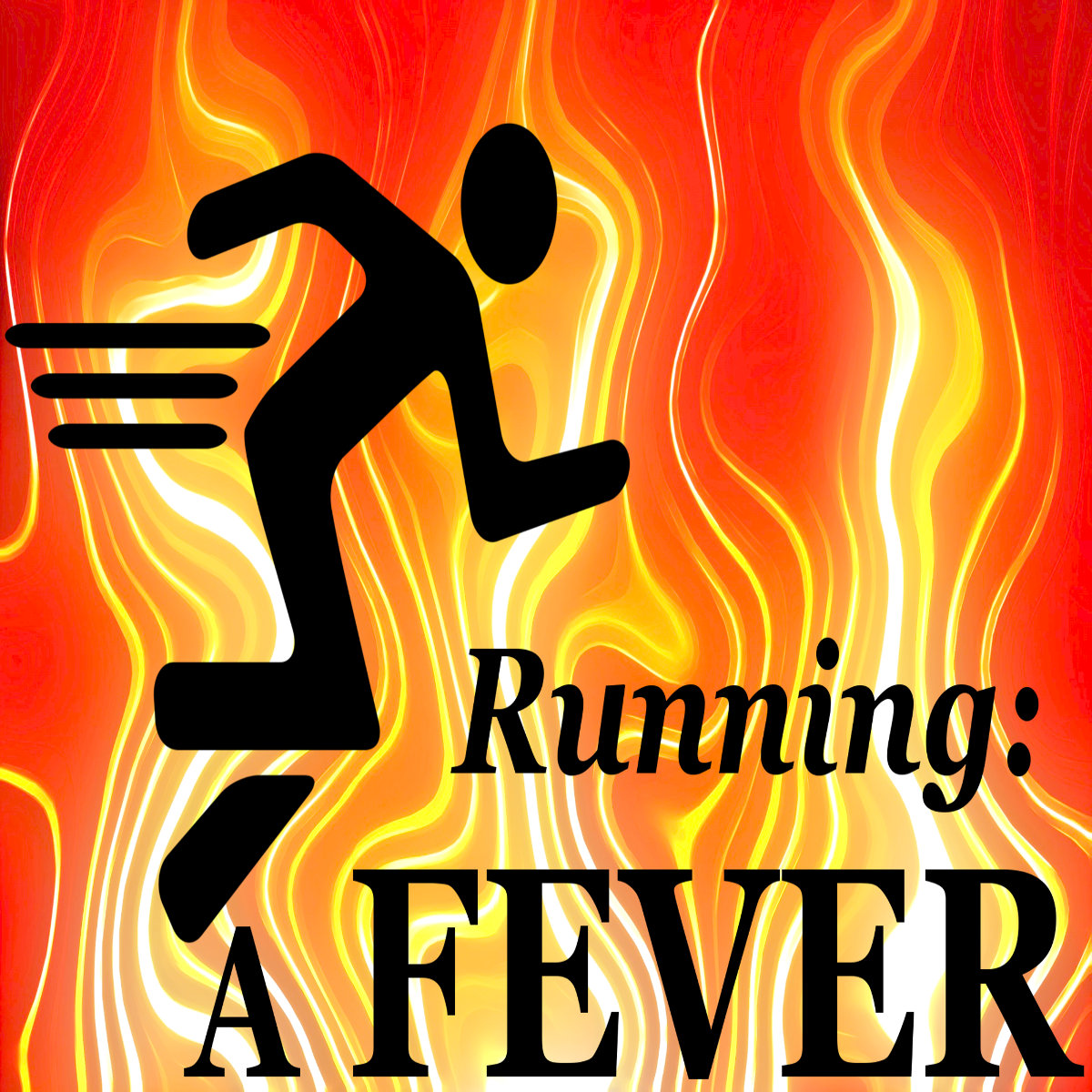When I read Tom Brady’s book The TB12 Method, I noticed that he recommends not to drink water 30 minutes before each meal. I was thinking how long would I need to wait after the meal before I started drinking water again. I wondered how long it takes to digest certain foods.
Here’s a list I got from brightside.me. These are just the times it takes to get through the stomach and into the small intestine:
Water – 0 minutes
Fruit/Vegetable Juice – 15-20 minutes
Raw vegetables – 30-40 minutes
Cooked vegetables – 40 minutes
Fish – 45-60 minutes
Salad with Oil – 1 hour
Starch vegetables(potatoes) – 1.5-2 hours
Grains (rice, buckwheat, quinoa) – 2 hours
Dairy – 2 hours
Nuts – 3 hours
Chicken – 1.5-2 hours
Beef – 3 hours
Lamb – 4 hours
Pork – 5 hours
Well, this explains why when I was on that diet of 1-1/2 pounds of meat per day I felt full all the time.
So how can I use this information? There seems to be some conflicting and confusing data. The main article suggests not to combine fast and slow foods, but refers to a healthline.com article which says combinations don’t matter at all. I’m told to eat fast-digesting foods for breakfast and supper, so I can get quick energy as I start my day, and let my stomach rest at night.
So here’s how my thought process works when I get a lot of conflicting information like this. I try to figure out which makes the most sense to me. If I can’t understand it, if it doesn’t make sense at all, I shouldn’t take ation on it.
Water fasting? This makes sense to me. Someone told me that it dilutes stomach acid. So I’m going to do it. In fact, I have already started this practice.
Combining fast and slow foods? I don’t see any evidence that makes me want to do this.
Eat fast digesters morning and night? This half makes sense to me. I have a grain for breakfast, steel cut oats. That’s a 2-hour digesting job. So maybe I cold add some fruit at the expense of the fat I usually put in my oatmeal, Smart Balance or coconut oil. But the nighttime part? I’m not convinced that my stomach needs to rest. I usually have a casein shake before bed on workout days. It is a slow-burning protein that keeps my body supplied with what it needs during the constant rebuilding process.
I guess what I am saying is use common sense. Hopefully, I’ll add this to the many things swirling in my brain and it will help me as I ponder these things and gather more information in the future.
Digestion times of different foods:
https://brightside.me/inspiration-health/how-long-different-foods-take-to-digest-and-why-its-important-to-know-613710/
Nothing to combining foods:
https://www.healthline.com/nutrition/food-combining#section4
Total time to digest:
https://www.mayoclinic.org/digestive-system/expert-answers/faq-20058340
How digestion works:
https://www.mayoclinic.org/digestive-system/sls-20076373?s=7
Weight 7-day Avg. (change since Jan 2018): 212 (-62)
Workout time: 0 Minutes
Total Distance (total since Nov 2017): 0 Miles (464.04)
Steps: 3,307
Muscle Mass 7-day Avg. (change since Aug 2018): 159.55 (+16)
Body Fat 7-day Avg.: 26%
Daily Sleep Duration 7-day Avg: 6 hours
2019 Goal: 15% Body Fat
